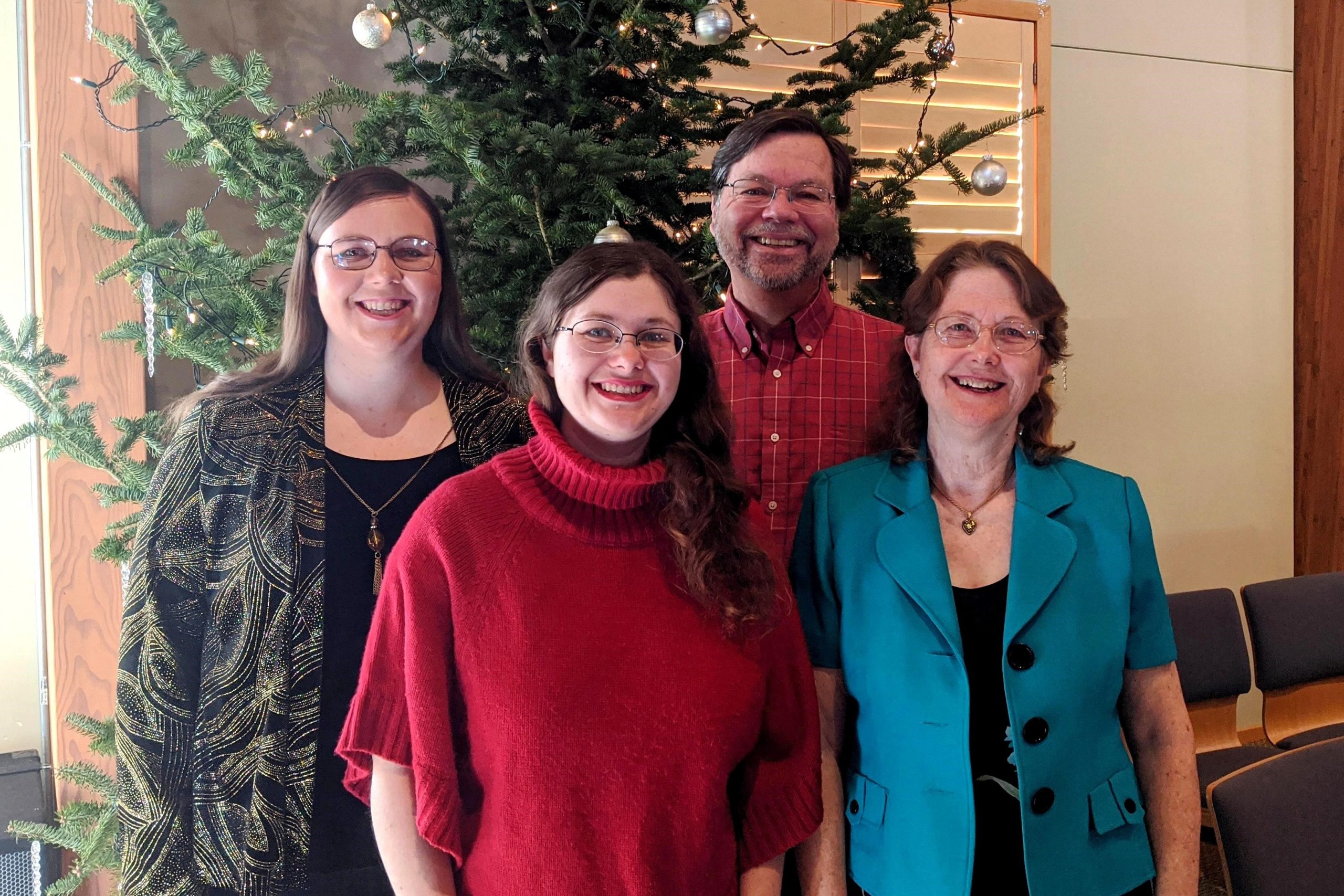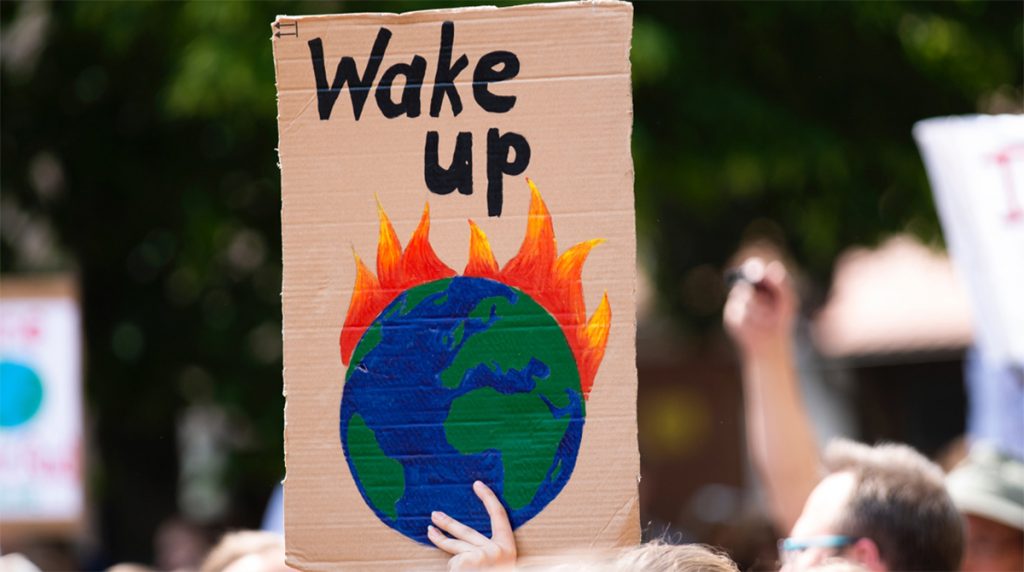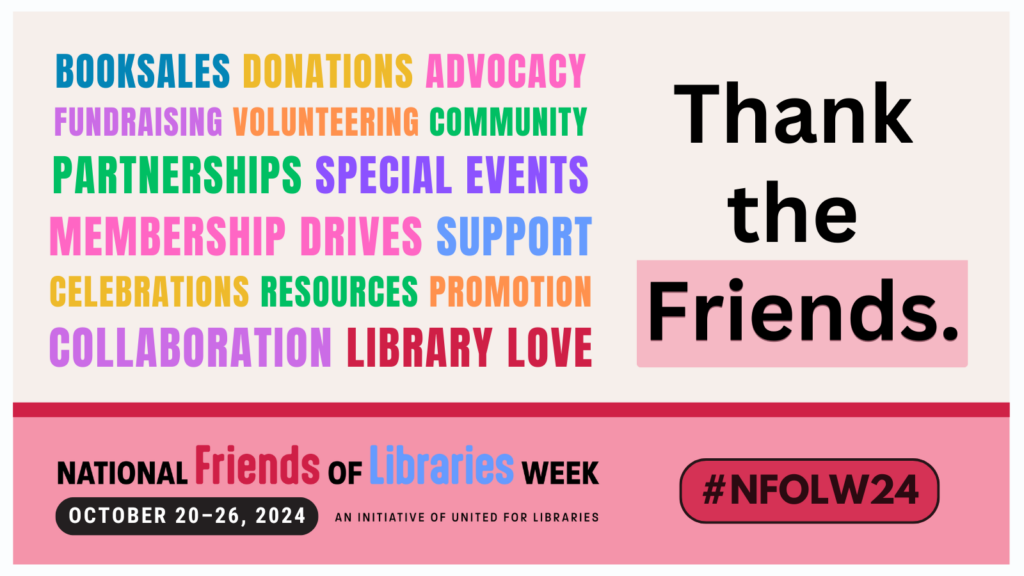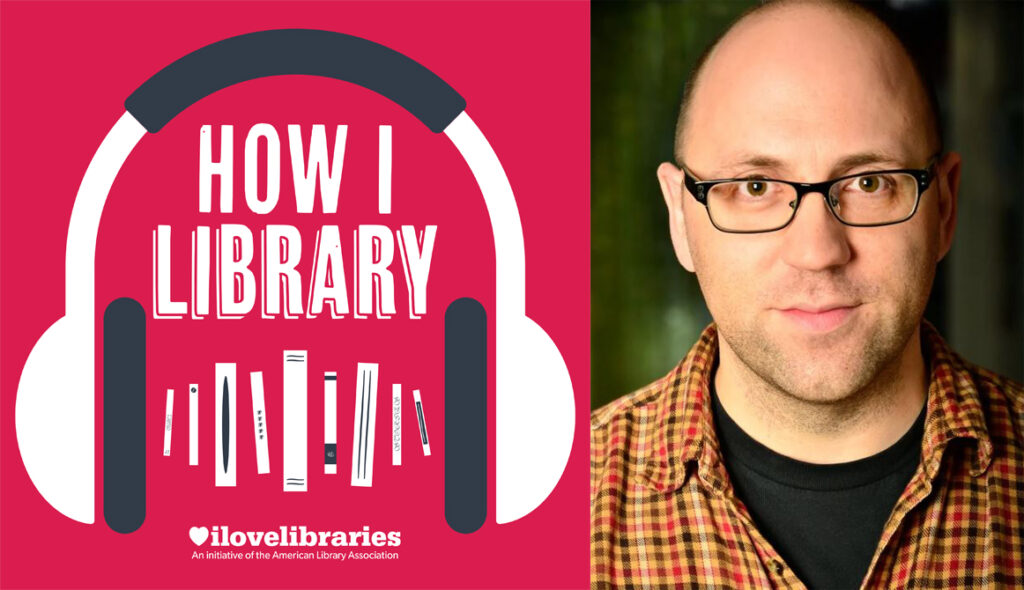When Carol Phelps’ daughters were young, their public library was their favorite hangout, a place to talk books and play Dungeons & Dragons with friends.
Now that the kids are grown—and both on their ways to becoming librarians themselves—the Phelps are helping libraries take on a more urgent role: educating Americans about climate change and encouraging them to take action before it’s too late.
Carol, a retired teacher, and her husband Andy, a computer engineer, are by all definitions a regular Wisconsin couple: active members of their middle-class suburban community who are driven by their charitable beliefs and Christian faith.
They are also the funders behind the new Resilient Communities: Libraries Respond to Climate Change initiative that will help libraries become hubs for conversation and action around the climate crisis.
The Phelps’ philanthropy reflects a growing expectation that libraries and library workers will be on the front lines of climate activism. Libraries already play an important role in combating the misinformation and junk science that clouds public perception and hinders collective action in response to the climate crisis.
The Phelps’ gift takes advantage of the library as a community hub and home to trusted expert librarians. They hope to sponsor public film screenings, community dialogues and other events in 25 libraries, along with the creation of free programming resources to support public engagement with issues related to the climate crisis. Participating libraries will screen films, host experts, and use librarian- and expert-created resources to lead talks with their patrons. Libraries will also be given support to become designated Climate Resilience Hubs for their communities.
As self-described “small-scale philanthropists,” the Phelps were inspired to join the climate movement in spring 2019 after attending a Christian humanitarian conference in Kansas City. Presenters flocked from across the country to talk about their global work helping rural communities and villages address health, water, and sanitation issues. But one critical topic, Carol noticed, was not addressed.
“I looked at my husband and said, ‘They never once mentioned climate change,’” Carol recalls. “These wonderful humanitarians are working with villagers who are experiencing terrible floods and famines, and they just haven’t put two and two together. With one hand, we’re trying to help people who are suffering, and with the other hand, we’re driving our cars and flying our planes and causing their very suffering.”

Upon arriving home, Carol began putting her energy toward climate activism. Meanwhile, her daughters—both pursuing MLS degrees at the University of Wisconsin-Madison—used their librarian instincts to seek out the information their parents needed to create change. They started checking out books for their parents: everything from the nonfiction titles on the psychology of climate change to children’s books like The Magic School Bus and the Climate Challenge. They also talked with their parents about their belief that libraries are ideal places to explore difficult topics like climate change.
In November 2019, the Phelps began working with the American Library Association on the idea of creating an opportunity for libraries nationwide. From those conversations, they developed the current pilot program built around public film screenings and discussions and hope to expand to a greater number of libraries in the years to come.
The Phelps are eager to get started and hope the program will spark eye-opening conversations.
“Climate change is not a partisan issue. This is going to affect everyone on the planet, and we all need to work together,” Carol Phelps said. “I have a feeling that libraries are the best, and perhaps the last, bastion of truth and nonpartisanship in our society.”
Learn more about Resilient Communities: Libraries Respond to Climate Change.



